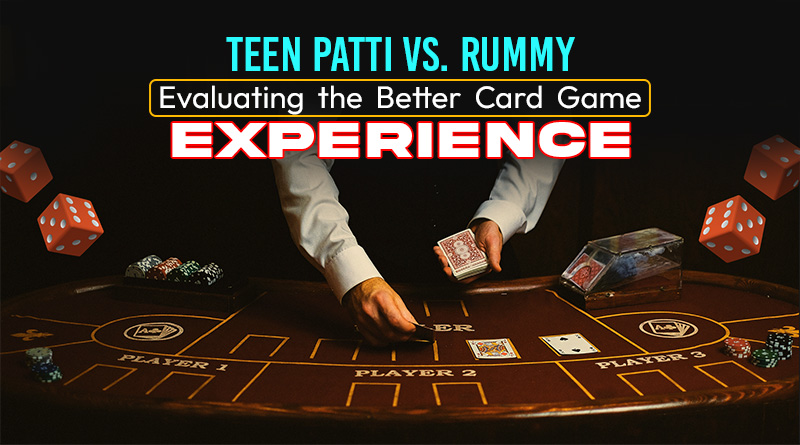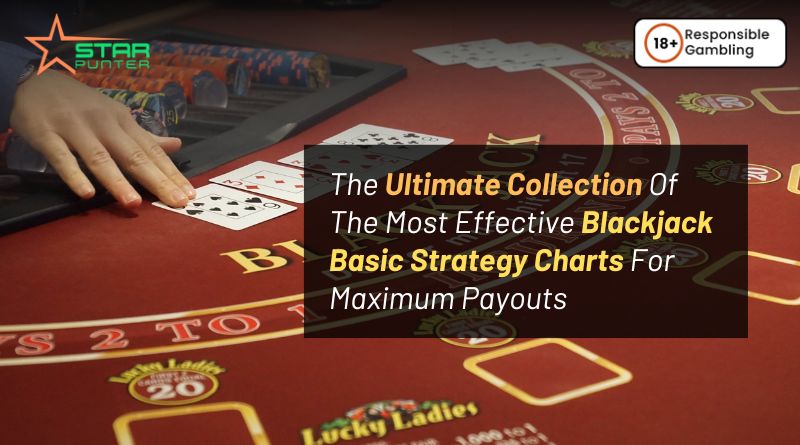Poker is a game of skill. But even those who put in hours of study fail to improve. Starpuntergames highlights that the key to unlocking one’s potential is not just working hard, but working smart. The best-known poker players in 2025 are working hard to improve their games through deliberate practice. We will find out how you can use it to improve your poker skills. Explore the Best Casino Games to Play Online now on our famous website, starpuntergames.com!
Sharpen Your Poker Abilities with Targeted and Mindful Practice in 2025
What Is Focused/ Deliberate/ Mindful Practice?
Deliberate practice is focused, structured training; not like casual study, where you just watch videos or read books without purpose. Deliberate practice attends to specific aspects, stretches outside the comfort zone, and contains reflections on getting there.
Here is what deliberate practice is about:
It targets particular skills: instead of studying poker, you will have a focused course of deliberate practice. For example, improve your 3-betting or post-flop play.
Uncomfortable stretches: You need to stretch your abilities, do the uncomfortable stretches.
Involves immediate feedback: By a coach, a poker solver, or your reflection, feedback shows you what is working and what is not.
Leads to repetition and reflection: Without reflection, practice does not lead to improvement. Repetition and analysis are how you master skills.
It requires cognitive effort: Intentional practice does not occur passively; it needs full focus and attention.
Mistakes Made by Players
A structured, effective manner of practice is often missing from the schedule of many players. Here are the slip-ups you need to take care of :
Studying Without Focus: Improvement does not come from hopping from one subject to another without specific goals. Always have a particular skill or an essential question in mind before you start.
Watching Content Without Action: Sitting back and passively consuming information, like watching a poker video without implementing what you’ve learned into your game, doesn’t optimise your practice time. Consider reviewing hands or playing with the concepts in mind.
Working Only on Strengths: Everyone enjoys studying the areas they feel comfortable with; however, focusing on weaknesses is the catalyst for real improvement.
Lacking Constructive Feedback: If you do not review your play or receive any feedback, you will repeat the same mistakes. Always keep reassessing your decisions to find an area for improvement.
Poor Retention: If you are not retaining what is learned, concepts tend to fade quickly. Maintain a digital notebook or use an app like Notion to acknowledge the progress you make in your learning.
Deliberate Practice Application to Poker
Steps for composing deliberate practice in your poker study schedule:
Select a particular Skill: Rather than saying I want to speed up my poker game, choose a clear goal. For example, I want to develop my c-betting strategy in single-raised pots.
Break It Down: Let’s say you are c-bet training. Break this into sub-skills: analysing board texture, making sizing decisions, and range evaluation.
Create a Study Drill: Examples of study drill development are specific to your topic: hand reviews, flashcards for various textures of board use, or replaying strong players’ hands before stopping to analyse before they make a move.
Get Feedback: Use poker solvers like GTO Wizard or Simple Postflop, or consult a coach. Reflection for your decision-making should entail what was right or what went wrong.
Track Your Progress: Keep a log regarding your practice: this could even be a simple spreadsheet with the focus areas, drills done, and key insights. Review this regularly and switch tactics when the need arises.
Form a Regular Practice Plan for Sustainability
To make consistent changes, follow a standard routine in tune with your needs:
Work on One Thing at a Time: Pick a poker area to focus on each week or two. It may be post-flop play, hand reading, or any other field.
Short Active Sessions: these should be for 30 to 60 minutes per time, 3 to 4 times a week; focus on quality, not quantity, that counts in any session.
Keep a Study Journal: Track your knowledge. Maintain a record of important points, questions, and hands found difficult.
Blend Study and Play
The blending of study and leisure thus becomes possible: Poker set, hands associated with your area of focus tagged, and then reviewed after your sessions. This gives you quick, constructive reviews and strengthens your understanding.
Bottom Lines
Improving at poker does not come from endless hours of grinding. Engaging in some deliberate practice makes your studies more effective and more efficient. Follow Starpuntergames for the latest updates. Check now!











